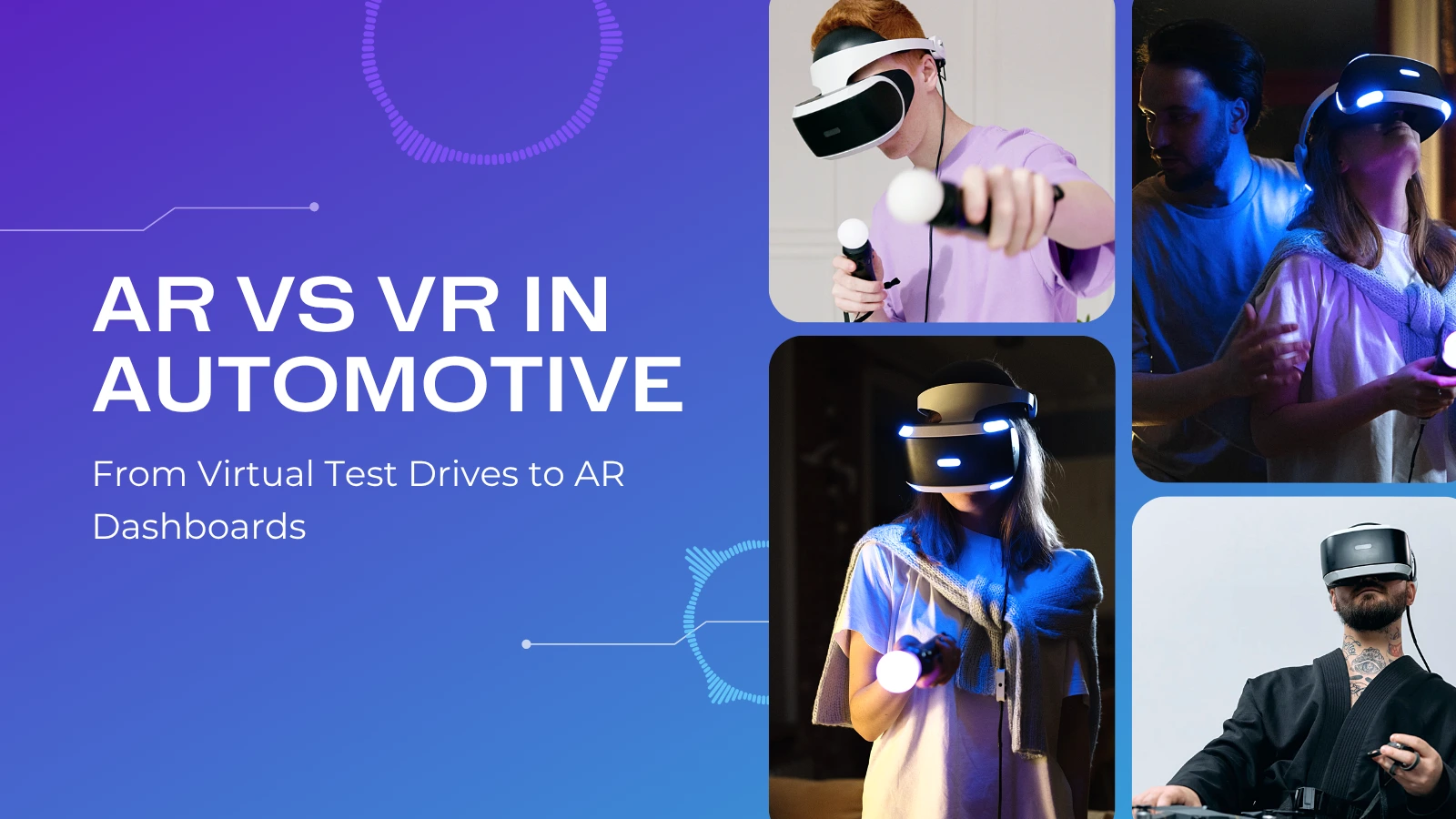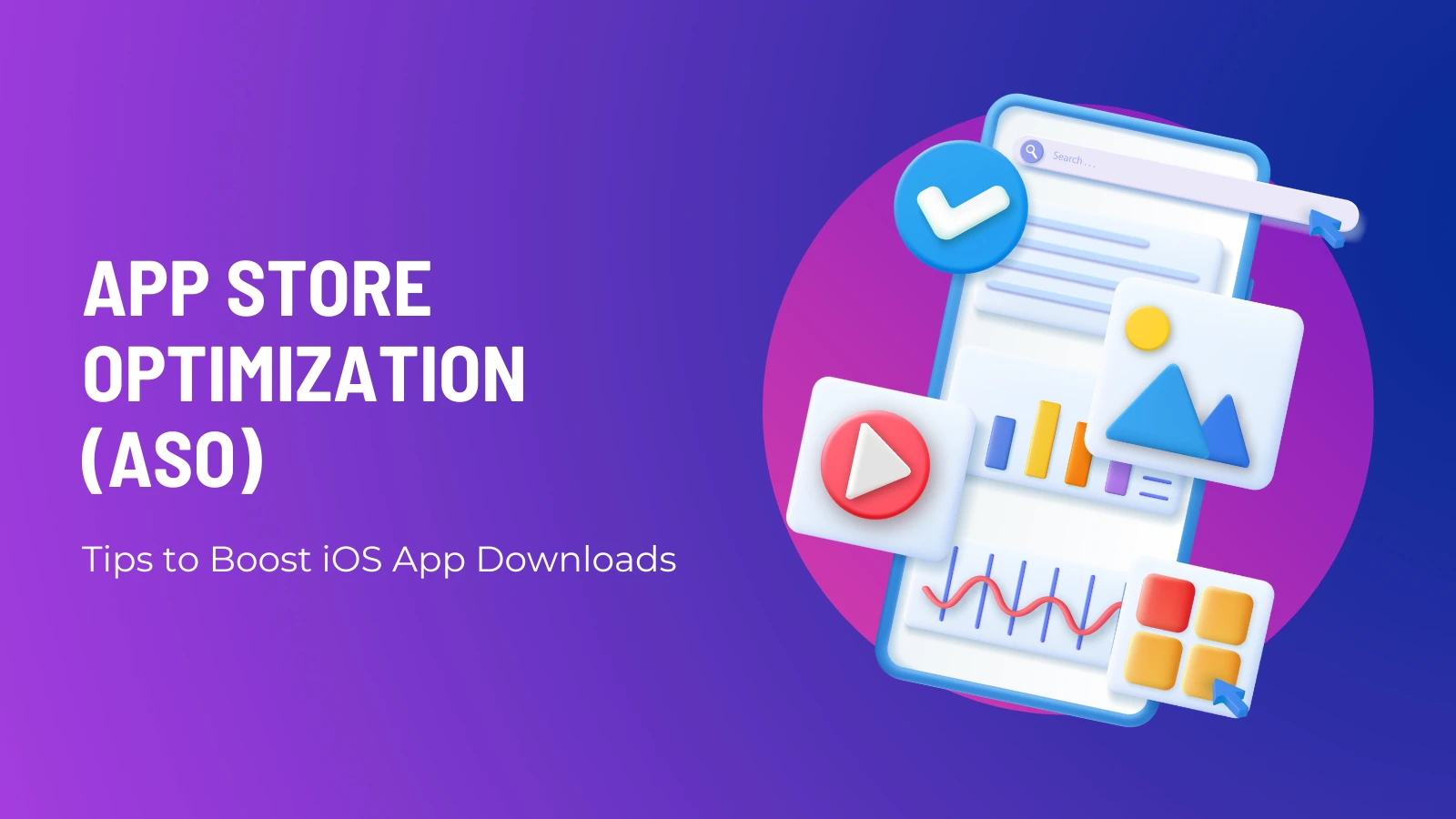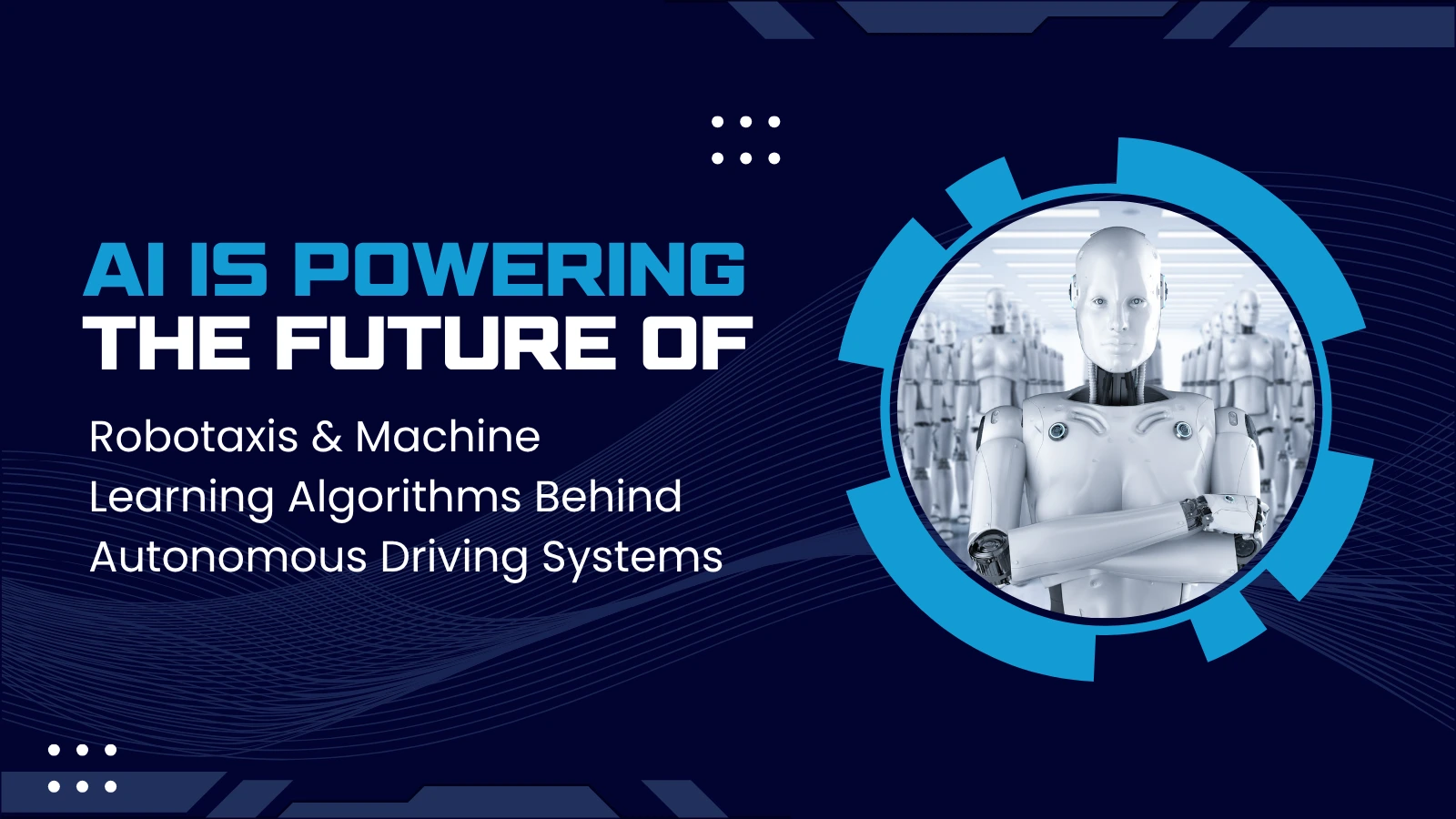How AI Is Supercharging AR and VR: The Future of Intelligent Immersion
The Coming Together of AI and Extended Reality (XR)
Virtual Reality (VR) and Augmented Reality (AR) have already revolutionized the way we engage with the digital environment. But when paired with Artificial Intelligence (AI), they elevate immersive experiences to a completely different sphere. This coming together is creating the stage for smart immersion — where space is not just interactive but also context-sensitive, adaptive, and ever more human in its behavior. The intersection of AR and VR with AI is bringing about a revolutionary change across industries from medicine and education to entertainment and commerce.
Why this mix is so powerful is AI's capacity to process huge quantities of data in real time, turning AR and VR applications intelligent and responsive. For example, in VR simulation training, AI can analyze a user's action and adjust scenarios. At the same time, in AR experiences, AI augments object detection and environmental interaction, providing users with more intuitive interfaces.
Several of those providing ar vr app development services are now incorporating AI technology right from the beginning to make these applications smarter and more adaptive. It is not a fad, but rather a mainstream requirement in developing fully immersive solutions. Similarly, organizations looking for ai development services now anticipate these services to supplement XR solutions for seamless deployment in the real world.
In effect, AI is not only improving AR and VR—it is transforming what is possible. The outcome? Smarter apps that know more about people, can anticipate their needs, and build experiences that are no longer digital overlays or simulations, but intelligent environments in their own right.
AI-Powered Personalization in AR and VR Experiences
One of the most significant contributions of AI to AR and VR is the area of personalization. With the ability of AI through deep learning, experiences today can be personalized for each user in real time. Whether it's an AR-based shopping experience for retail or a VR fitness application, AI algorithms study user interaction, preferences, and behavior to provide an all-new personalized experience.
Consider e-commerce, for instance. Users can "try on" a product virtually within an AI-based AR app. Based on facial recognition and behavior data, the app recommends style and products compatible with the user's taste. Such personalization not only elevates the customer experience but also increases conversion rates for companies.
Likewise, in gaming or simulation training in a virtual environment, AI allows dynamic difficulty adaptation, personalized learning routes, and adaptive narratives. These are the kind of spaces where an AI-expert vr app development company can really have an impact, delivering experiences that grow with the user.
More businesses are searching for ar vr app development solutions that incorporate machine learning models for enhanced engagement and retention. Demand is also on the increase for ai development services that enable real-time behavioral analysis and data-driven decision-making within immersive spaces.
This personalization with AI guarantees no two users receive the same experience. Content, pace, and interaction models may shift based on individual parameters — age, geography, learning ability, or state of mind. This is convenience, not a nicety; it is revolutionizing user experience design in such a way that applications really "get" each user in return.
Intelligent Environments and Context-Aware Interaction
AR and VR spaces have evolved far from being static, pre-programmed spaces. With AI, these virtual spaces are becoming context-sensitive, i.e., they can learn and respond intelligently to users and surroundings. This makes interaction smarter, more intuitive, and converges the boundaries between real and virtual.
For instance, AI-based voice assistants in VR can now process natural language, sense sentiment, and reply accordingly, and thus the interaction will be more human-like. In AR, AI can allow applications to identify physical objects, spatial arrangements, and user gestures with high accuracy. These abilities are revolutionizing sectors such as healthcare, where surgeons can use AR overlays with AI-based diagnostics in real-time procedures, or in manufacturing, where employees are provided with intelligent visual instructions in real-time.
AI development services are key to making this contextual intelligence possible. It is not only about training algorithms but also about continuing to enhance them with data from the real world. Meanwhile, companies are looking more and more for ar vr app development services that provide real-time environmental scanning and adaptive feedback to achieve maximum efficiency and immersion.
An innovative vr app development firm realizes that consumers are eager for experiences that react to surroundings and behavior. With the addition of AI, programmers can create immersive environments that read environments, predict user demand, and make choices that drive engagement and value.
The outcome is an XR universe that is not passive anymore. Rather, it's alive, responsive, and capable of thinking and reacting — building intelligent spaces that are futuristic yet natural.
Revolutionizing Industries Through Intelligent AR/VR Solutions
The AI-AR/VR holy trinity is transforming the way industries do business and provide value. From health and education to retail and real estate, AI-enhanced AR/VR are revolutionizing the delivery of service, cutting costs, and enhancing outcomes. To take an example, in health, AI-based VR simulations can now be utilized to educate doctors in complicated procedures with life-like precision and live feedback. Such simulations are learning-based and will adjust according to the performance of the user, detecting loopholes and providing spot suggestions.
In education, AR and VR experiences combined with AI provide personalized learning journeys. Students can explore 3D environments, while AI monitors their progress and adjusts the content accordingly. This not only increases engagement but also significantly improves learning outcomes.
Retailers are employing AI in AR apps to provide virtual try-ons, personalized advice, and even real-time customer support through AI-powered chatbots in virtual environments. Real estate businesses are now providing immersive property tours with AI determining the experience based on user interest and questions.
These applications are only made possible by end-to-end ai development services that recognize the subtleties involved in machine learning, data processing, and real-time analytics. Collaborating with a professional vr app development firm that also provides ar vr app development means businesses have access to the best of what these technologies have to offer.
As AI continues to advance, its synergy with AR and VR will unlock even greater disruptive use cases. Companies that invest in this convergence today will be ahead through smarter, more efficient, and deeply engaging employee and customer experiences.
The Road Ahead: Challenges and Opportunities
While its vast potential is exciting, combining AI with VR and AR has its own challenges. These are data privacy, expensive development, and high-end hardware requirements. It takes not only technical know-how, but also strategic thinking when it comes to user experience, ethics, and data management, to incorporate AI models in immersive applications.
Yet, such challenges also open up opportunities. With increasing availability and power of AI, entry barriers will only come down. With the advancement of cloud computing and edge AI, developers are finding it easier to process data and provide real-time insights in immersive environments.
For enterprises and startups equally, getting the right vr app development firm that knows immersive technology as well as AI integration is important. Likewise, the picking of ai development services that are scalable, flexible, and according to the current AR/VR trends can speed up product development as well as innovation.
At the same time, demand for integrated ar vr app development services is on the rise, as more companies recognize the value in intelligent, immersive experiences. Such services need to be future-looking, with AI integrated not as an afterthought, but as a core aspect of application design.
Looking ahead, we will see the emergence of hyper-personalized virtual worlds, AI-driven AR in common tools, and enterprise offerings that redefining productivity and collaboration. The combination of AI with AR and VR isn't just building the future — it's constructing it. And in that future, intelligence is no longer a luxury but a fundamental element of truly immersive digital reality.
Subscribe Now
Get the weekly updates on the newest brand stories, business models and technology right in your inbox.
More Blogs
AR vs VR in Automotive_ From Virtual Test Drives to AR Dashboards
The automotive industry has experienced transformative changes in the recent years, all thanks to breakthroughs in immersive technology. The most notable changes are due to Augmented Reality (AR) and Virtual Reality (VR). The debate of...
App Store Optimization (ASO) Tips to Boost iOS & Android App Downloads
The process of increasing your program's exposure and download volume in the Apple program Store is known as app store optimization, or ASO. By customizing the right keywords, metadata, and user interaction metrics, ASO, like Search En...
How AI is Powering the Future of Robotaxis & Machine Learning Algorithms Behind Autonomous Driving Systems
Robotaxis are fast becoming a science fiction dream turned reality, revolutionizing the way individuals move around cities. Robotaxis—autonomous vehicles that can transport people without the need for drivers—is revolutioni...

 Awards & Recognition
Awards & Recognition







